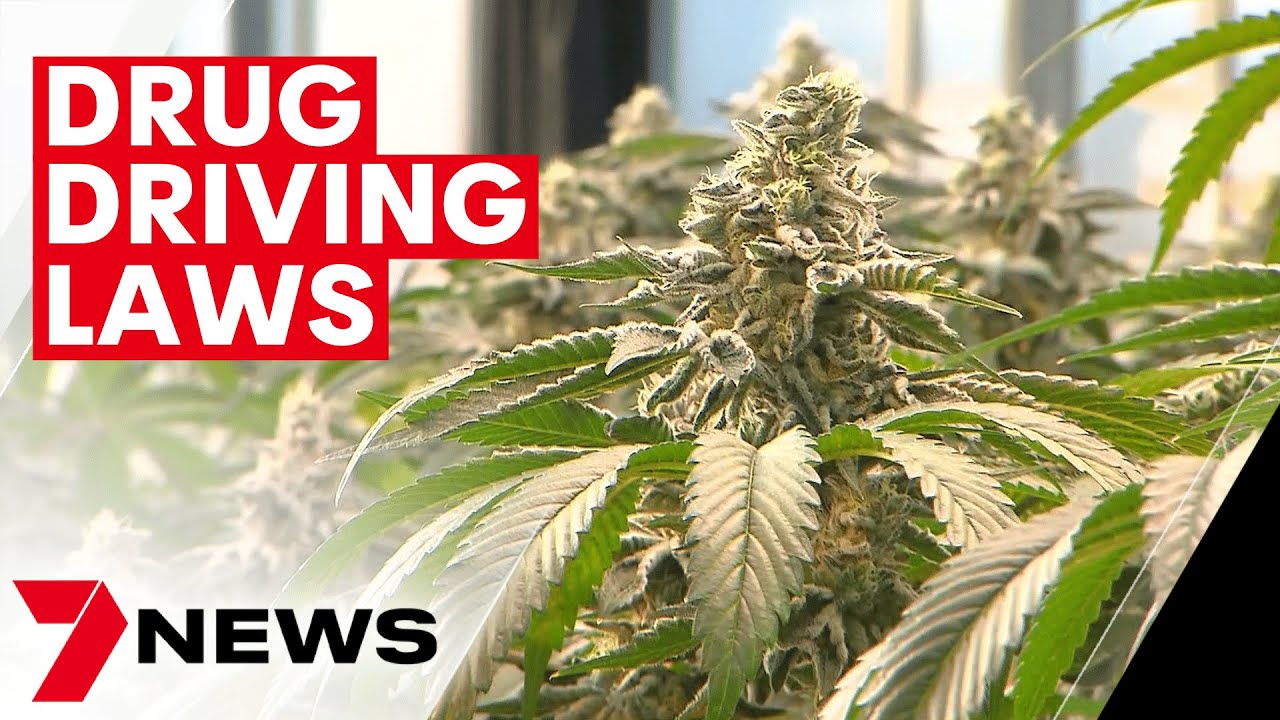
Cannabis is a term that covers a wide variety of compounds and formulations, not all of which affect driving. However, there is one compound in particular, tetrahydrocannabinol (THC), that is found in many medical cannabis prescriptions and can lead to intoxicating effects in some doses.
The Effects of Cannabis on Driving
THC has been determined to impact driving performance and cause a slower reaction time. However, not all cannabis use leads to impaired driving, and there are THC-free products available, such as CBD isolate, that do not intoxicate and do not impact a patient's ability to drive.
Legality of Driving After Medical Cannabis Consumption
In Australia, it is illegal to drive under the effects of any intoxicating substance, including THC. The length of time a patient should wait after consuming THC before driving will vary based on individual factors such as metabolism, duration of use, and body composition. THC can be found in a patient's system up to 12 hours later, and even longer in heavy or regular users.
Driving After Taking CBD Oil
For patients with a prescription for CBD isolate only, there is no scientific evidence that CBD negatively impacts reaction time, cognitive ability, or task performance, and it is legal to operate a motor vehicle after taking CBD oil. However, some patients may experience drowsiness or temporary lower blood pressure.
Driving Laws By State and Territory
The laws for driving and THC-containing cannabis oil, flower, and other products vary by state and territory in Australia. It is important for patients to familiarize themselves with the rules in their specific area.
Medical Cannabis and Driving in the Australian Capital Territory
In the ACT, it is an offense to drive with THC in a person's oral fluid or blood, and there is no legislative dispensation or defense for the use of medicinal cannabis that leads to a positive road drug test.
Medical Cannabis and Driving in New South Wales
In New South Wales, patients with a prescription containing THC are illegal to drive while under its effects. However, for patients with a prescription for CBD only, there are no restrictions on driving.
Patients with questions about their medical cannabis prescription and driving should speak with their doctor. There is ongoing debate about how lawmakers should balance patient rights with road safety, and some patient advocacy groups have argued that these driving rules discriminate against patients. Regardless of the ongoing debate, it is important for patients to understand the difference between THC-containing products and CBD isolate products, as well as the specific laws for driving in their state or territory.
